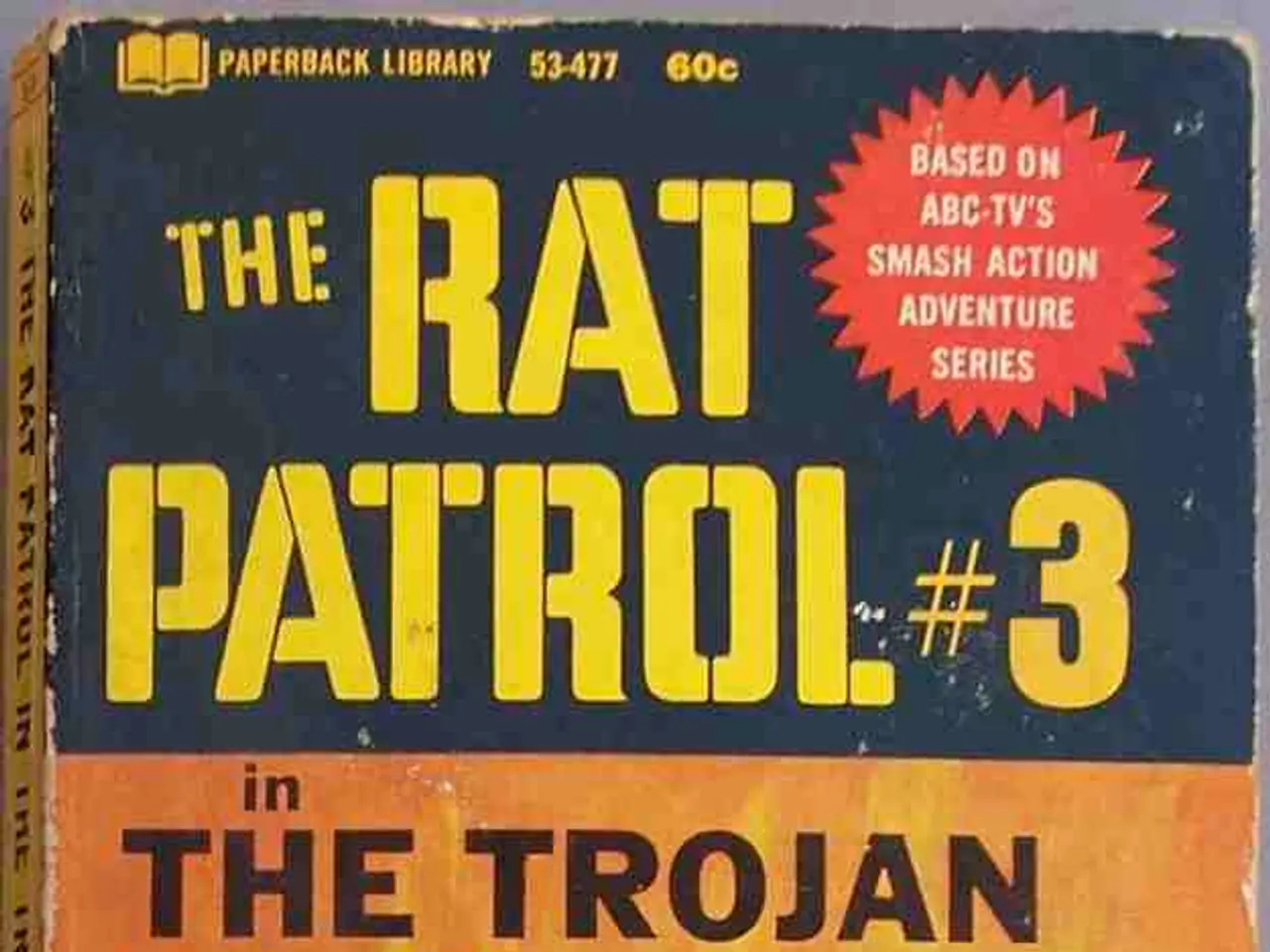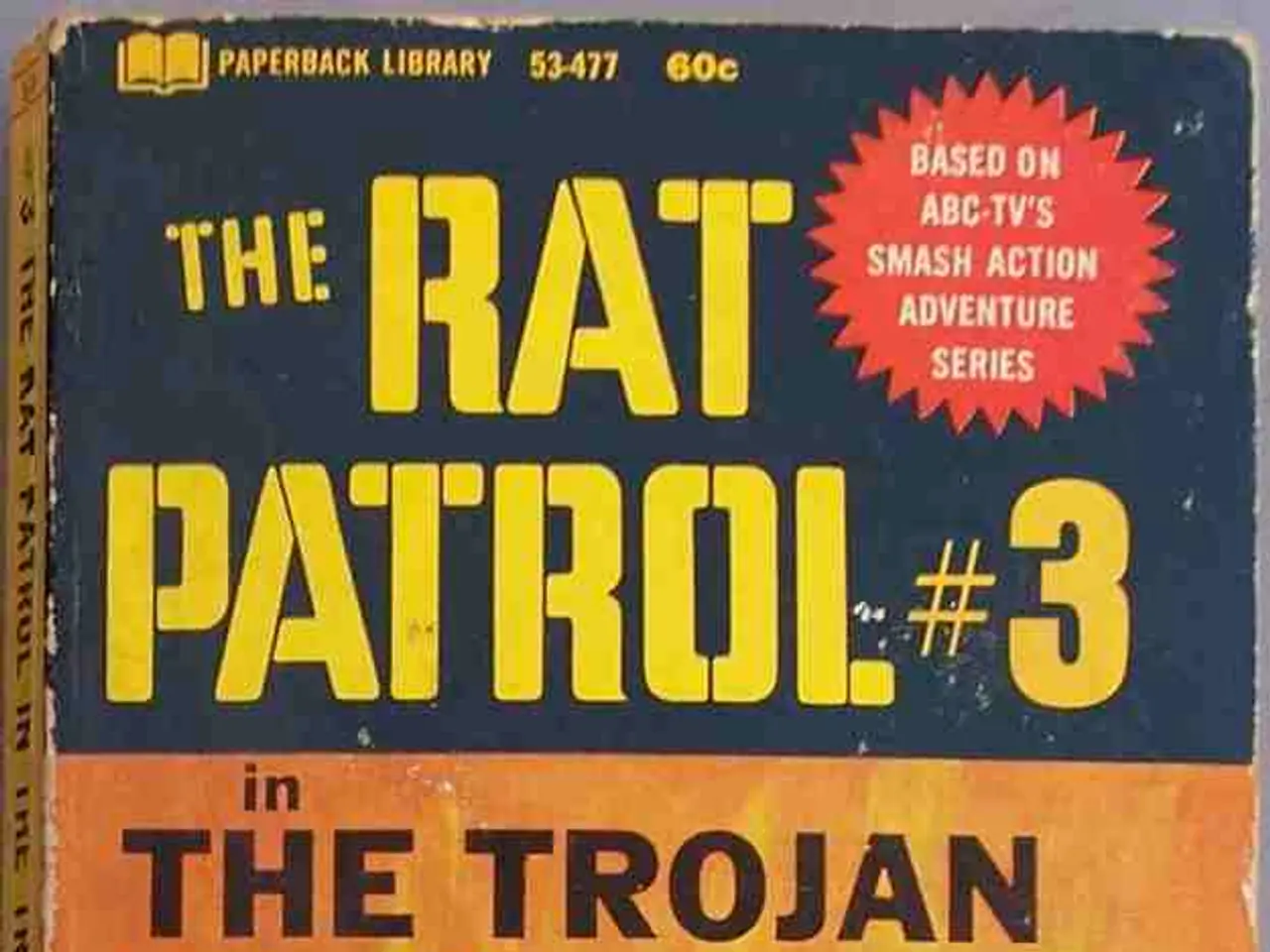Insurer's obligation to pay compensation for fatal motor accidents where a third-party claim is absent has been referred to a larger bench by the Supreme Court
In a groundbreaking decision, the Supreme Court of India has ruled that the heirs of a vehicle owner are entitled to no-fault compensation under Section 163A of the Motor Vehicles Act, even in cases where the accident is not a result of a collision with a third-party vehicle.
The case in question involves Wakia Afrin, a minor who lost both her parents in a motor accident caused by a tyre burst that led to their vehicle hitting a roadside building. Initially, a Motor Accident Claims Tribunal awarded compensation under Section 163A for both parents’ deaths. However, the Orissa High Court set aside the award, stating that claims could not be made against a deceased owner.
The Supreme Court, however, found the High Court’s reasoning untenable. Emphasizing that Section 163A’s no-fault liability provision is not confined to third-party claims but includes claims by legal heirs of vehicle owners as well. The Court rejected the insurer’s argument that a claimant who is also heir to the owner cannot claim compensation because they "stand in the shoes" of the deceased owner. Instead, the Court stated that claims under Section 163A survive against the estate of the deceased and the insurer remains liable.
Advocate Satya Kam Sharma represented the petitioner, while Advocate Ambhoj Kumar Sinha represented the National Insurance Company. The Supreme Court has referred a question about no-fault compensation under Section 163A of the Motor Vehicles Act, 1988 to a larger bench due to some conflicting earlier judgments.
The Court undertook an extensive review of prior judicial decisions on Sections 166 (fault-based compensation) and 163A (no-fault compensation). It expressed reservations about a restrictive interpretation of Section 163A, stating that it may also cover cases where there are no third-party risks.
In the case of the minor child seeking compensation for the death of her parents, a Division Bench of Justices Sudhanshu Dhulia and K Vinod Chandran expressed doubts over the view taken in earlier judgments that no-fault compensation is meant to guard against third-party risks. The liability with respect to the death of the minor's father (the vehicle owner) was limited to ₹2 lakh under the insurance policy.
The insurance company opposed any grant of compensation in this case, arguing that the minor child would be both liable for the accident (as the heir) and the beneficiary of the compensation. However, the Supreme Court disagreed with the High Court’s view that the compensation claim was not maintainable since the owner of the 'offending vehicle' had died.
The Court added that Section 163A is a special provision with a non-obstante clause which overrides not only the entire provisions of the Motor Vehicles Act, but also any other law in force. It noted that the provision extends beyond classical third-party claims and is designed to provide comprehensive protection to victims of accidents, regardless of whether there is a third-party involved.
This interpretation is still under consideration by the Supreme Court's larger bench. However, currently, it trends in favor of expanding no-fault compensation rights to owners and their heirs, marking a significant step forward in accident victim compensation in India. The Supreme Court restored the compensation of ₹4.08 lakh awarded to the minor child for her mother's death under Section 163A, MV Act.
The Court also emphasized that Section 163A was a beneficial piece of legislation brought in, keeping in mind the enhanced chances of an accident, resulting from the prevalence of vehicles in the overcrowded roads of today. This decision is expected to bring relief to many families who have lost loved ones in accidents where the vehicle owner was the victim.
References: 1. The Hindu 2. Live Law 3. Indian Express 4. Bar & Bench 5. Legal Service India
- Following the Supreme Court's decision on Wakia Afrin's case, there have been discussions in the realm of policy-and-legislation about extending no-fault compensation to vehicle owners and their heirs in cases of accidents, as opposed to only guarding against third-party risks.
- Given the recent Supreme Court ruling on no-fault compensation, sports betting websites may be monitoring the ongoing developments in policy-and-legislation, as potential changes could impact their operations, especially if the trend continues towards expanding compensation rights to vehicle owners and their heirs.





